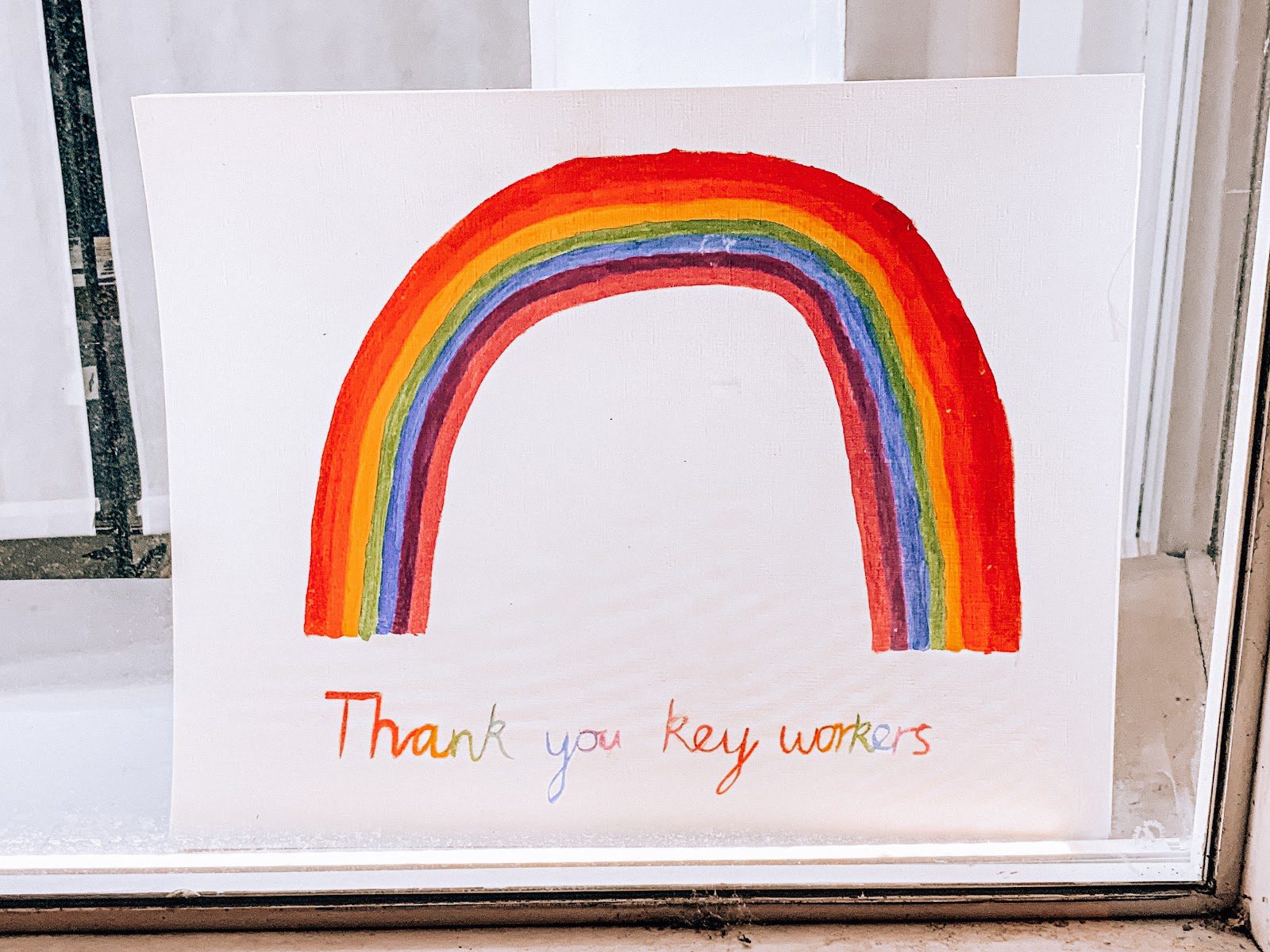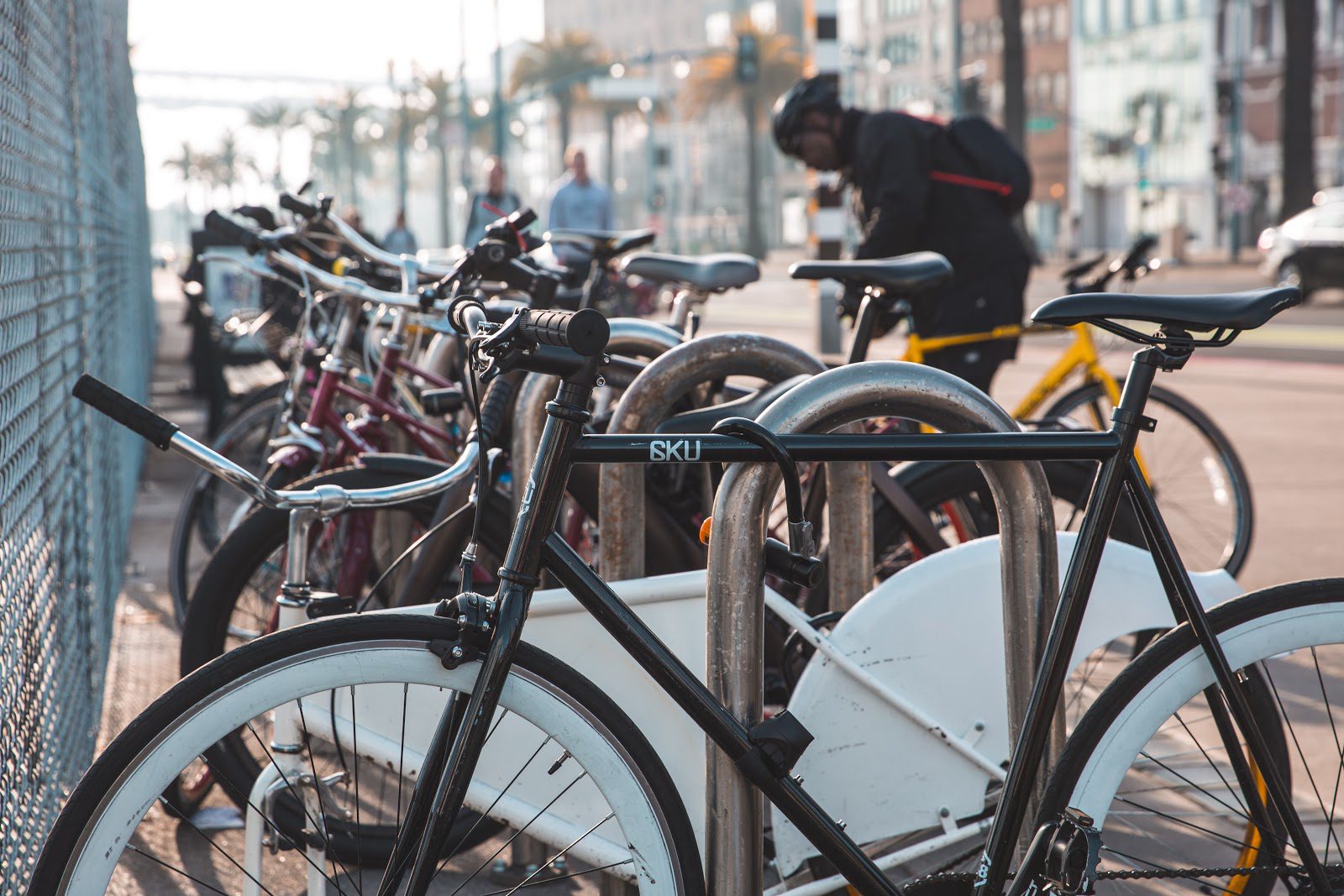
If you live in a big city, here’s a question you might want to ask yourself: How long does it take you to walk or bike to essential goods or services, whether it’s a grocery store, medical center, workplace, or school? If you can reach them all in 15 minutes or less, congratulations — you meet one of the criteria for what helps make a city sustainability-focused and equitable. If not, then big-city mayors around the world want to help you get there.
Many of these mayors have joined together on a post-coronavirus recovery plan that will embrace sustainability and social justice. The plan, dubbed C40 Mayors Agenda for a Green and Just Recovery, is being embraced by nearly 100 mayors worldwide. It aims to help urban areas better prepare for future crises while also lowering their carbon footprints, improving the lives of residents and benefiting small local businesses.
Goals outlined by the task force include focusing on the creation of clean energy jobs, support for essential workers, increased worker training for a more resilient economy, improved infrastructure including mass transit, public services for all, including clean water, food, sanitation, and affordable, healthy housing, “15-minute cities” where all residents can meet most of their needs within a short walk or bicycle ride from their homes, more public road space to walking, cycling, and sustainable infrastructure and nature-based solutions such as parks, green roofs and walls, blue infrastructure, and permeable pavements to help reduce the risks of extreme heat, drought, and flooding.
The initiative is partly a response to the fallout from COVID-19 and partly a response to poor living conditions in many large cities, particularly in terms of air quality. A 33-page report from the C40, titled “The Case for a Green and Just Recovery,” stated that 95 percent of people in C40 cities “are exposed to poor air quality that exceeds World Health Organization (WHO) recommended limits for air pollution.”
Moreover, the report said, “There is growing evidence to suggest a link between exposure to air pollution and greater severity of COVID-19 infection in many areas, making improvements in air quality even more critical for a post-COVID recovery.”
Leaders of the C40 initiative found that the coronavirus has served to underscore the link between public health, the environment, and the economy. Among their findings:
- Exposure to poor air quality has predisposed some — particularly those in low-income neighborhoods with higher pollution levels — to more severe COVID-19 outcomes.
- COVID-related fear concerning public transit has helped drive up the use of personal vehicles in cities that have reopened, which has hurt efforts to reduce reliance on emission-emitting cars.
- The economic fallout from COVID-19 could lead to an estimated 100 million city dwellers falling into poverty.
The Task Force report said the recovery “must address issues of equity that have been laid bare by the impact of the crisis — for example, workers who are now recognized as essential should be celebrated and compensated accordingly.” It also advocated investments that can protect against future crises and support people most impacted by climate and health risks. One way to do that is through the creation of new technologies, industries, and jobs tied to the clean energy economy.
Numerous C40 mayors are already putting these recommendations into action. According to an article on the Axios website, Montreal Mayor Valérie Plante has planned 203 miles of bike paths that will let residents there reach the city’s parks. Paris Mayor Anne Hidalgo aims for the “15-minute rule” by using nightclubs as gyms during the day and having schools serve as parks and play spaces on weekends. In Seoul, officials look to improve municipal buildings’ energy efficiency and introduce greenhouse gas emissions caps.
One thing just about all mayors agree on is that the old rules no longer apply in a post-COVID world. Urban economies must put a higher priority on transitioning towards sustainable investments as they rebuild, to ensure more resilient cities that can withstand global shocks such as pandemics and extreme weather events.
As the C40 report points out: “A return to ‘business as usual’ would not just be a monumental failure of imagination, but lock in the inequities laid bare by the pandemic and the inevitability of more devastating crises due to the climate breakdown.”





